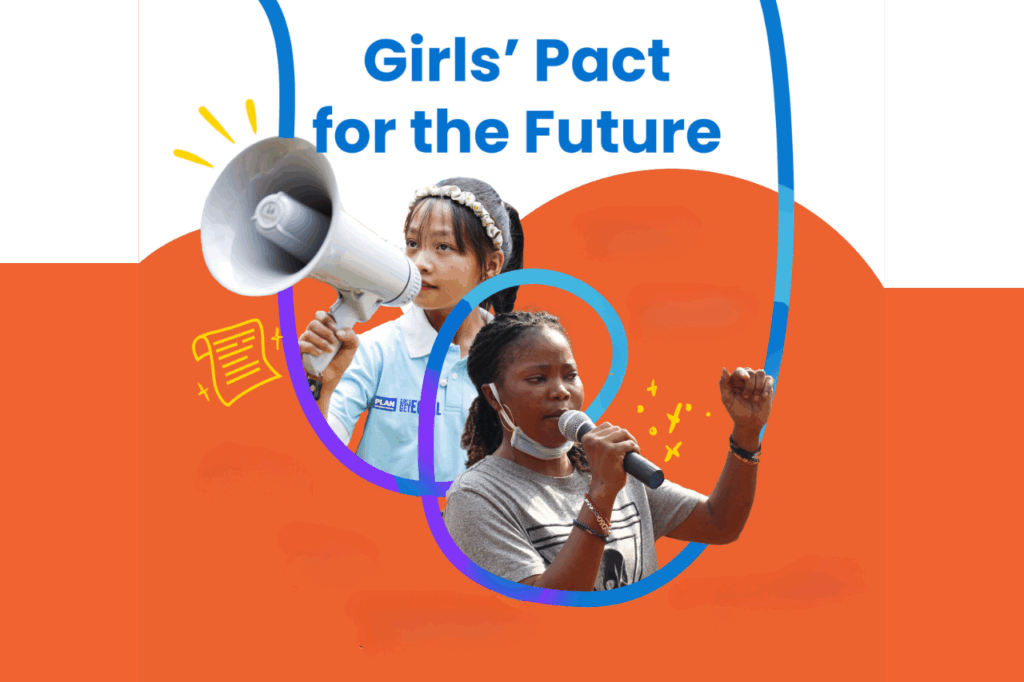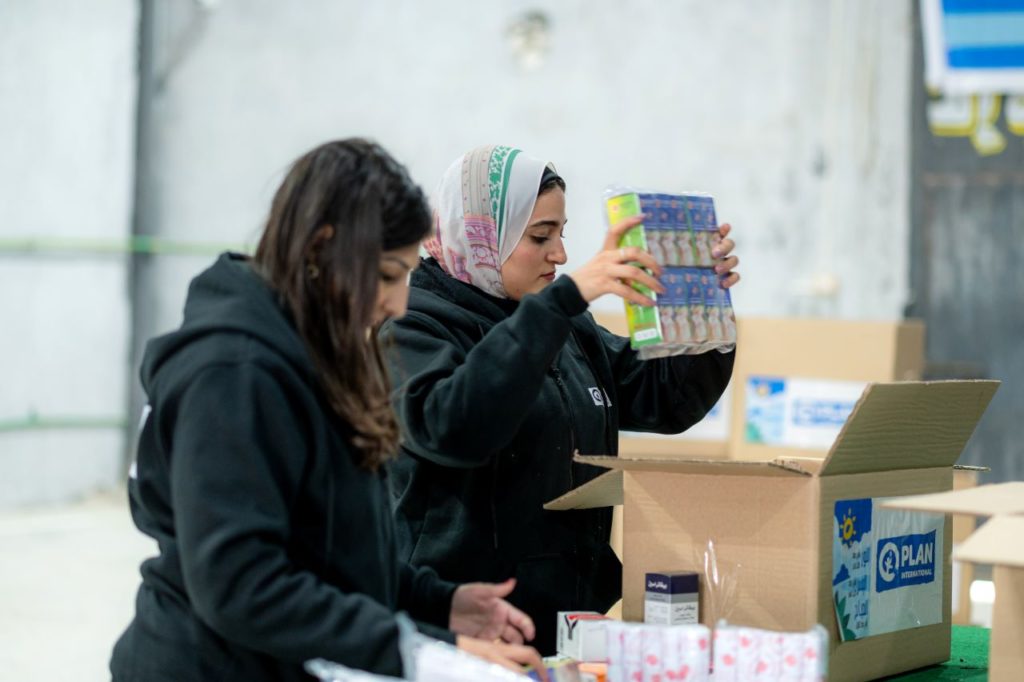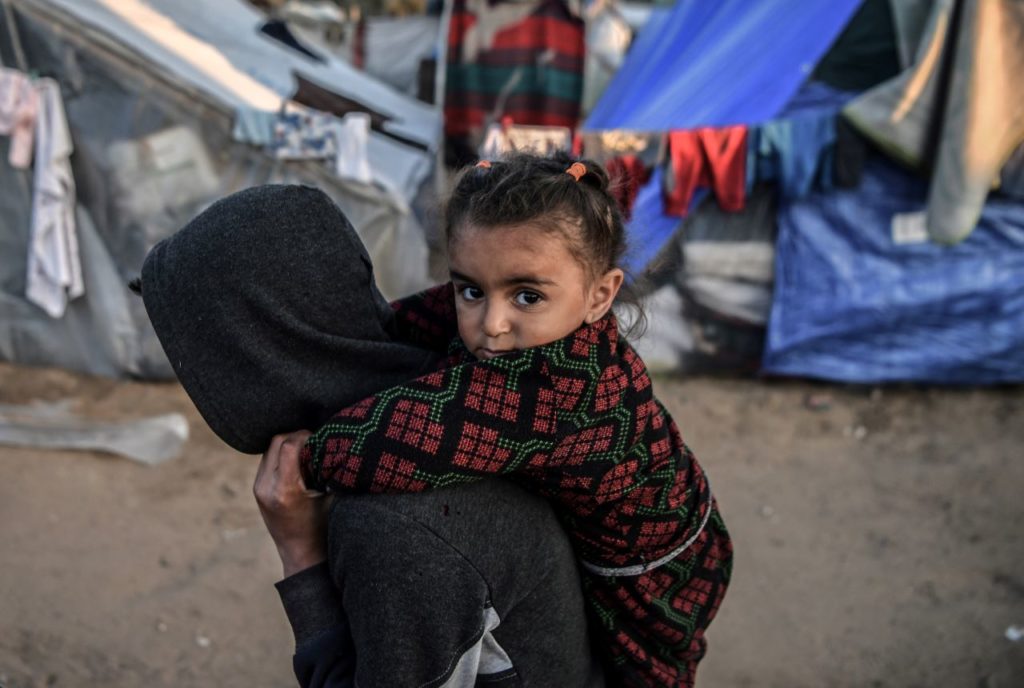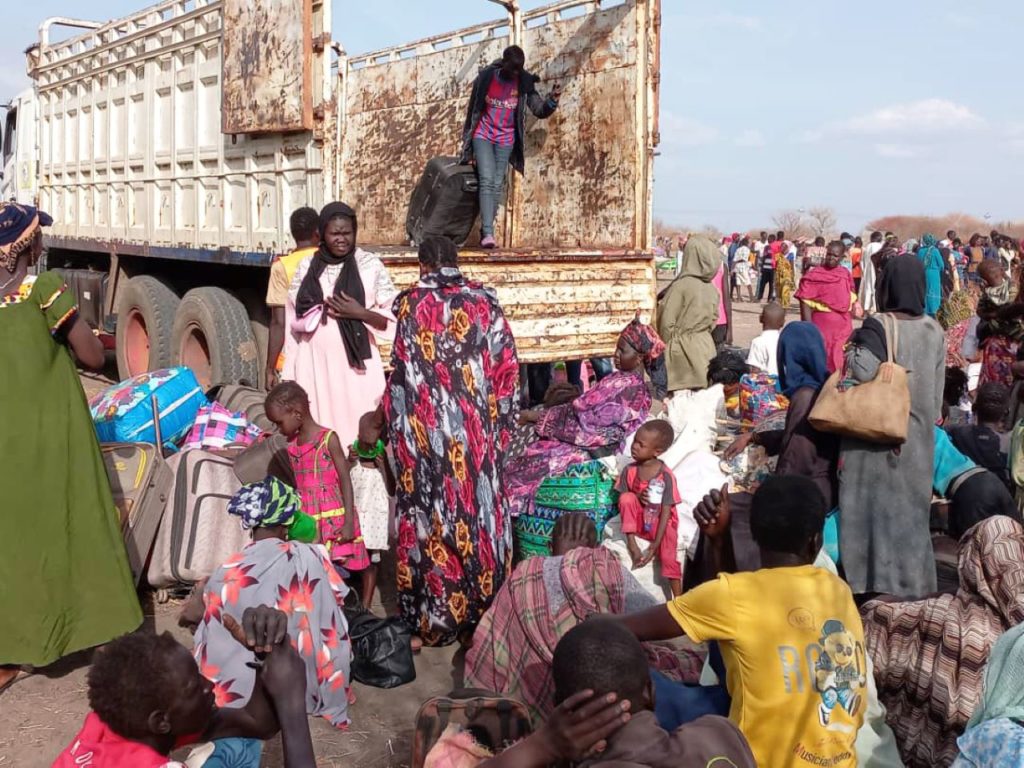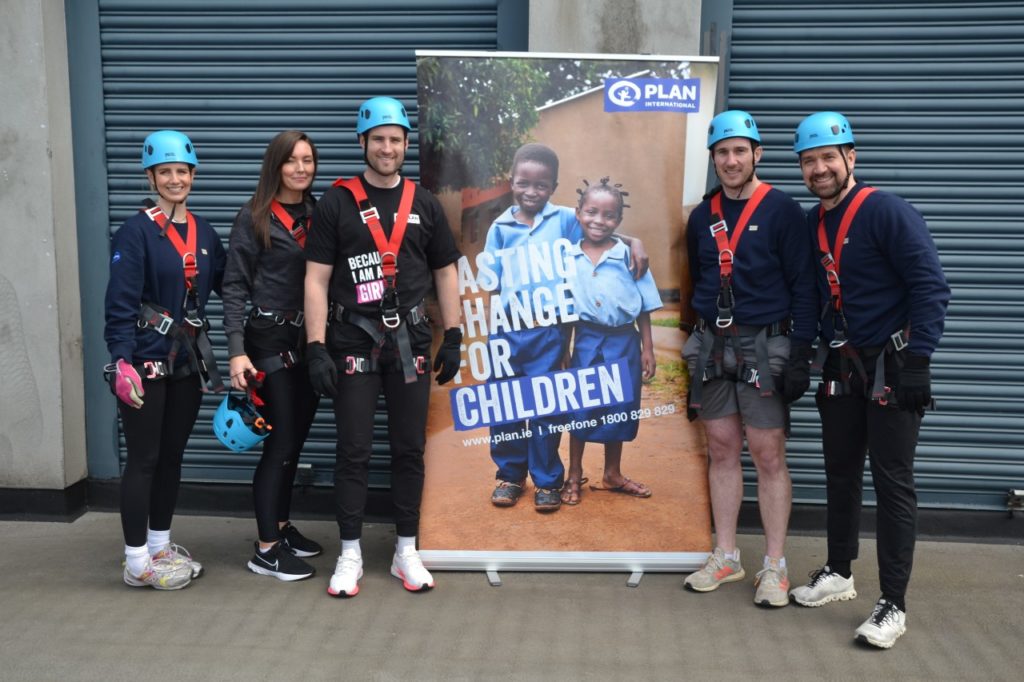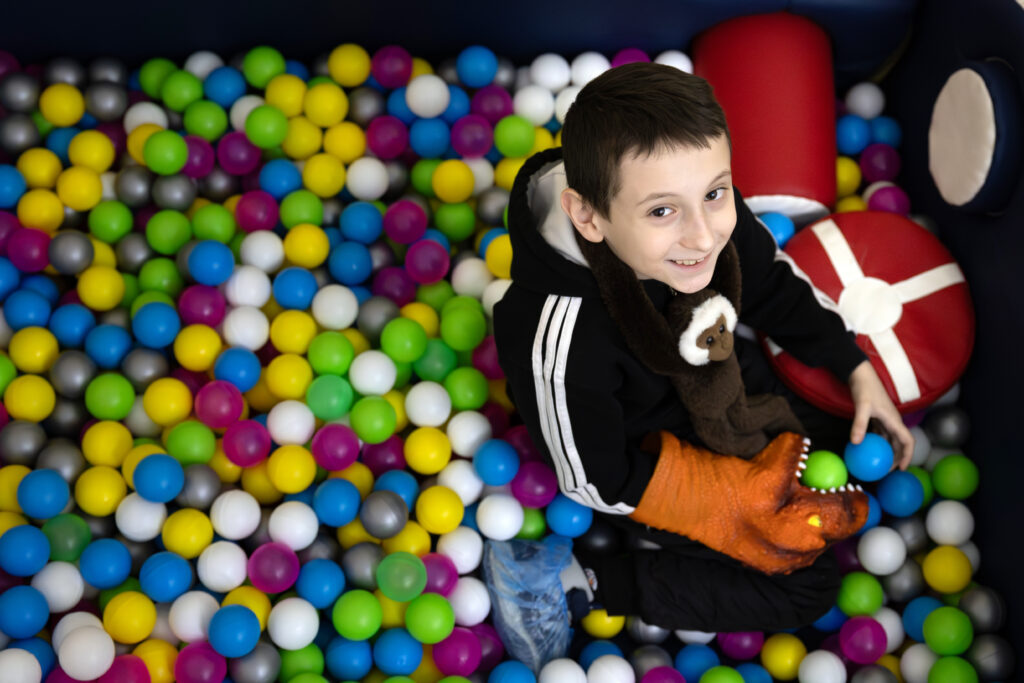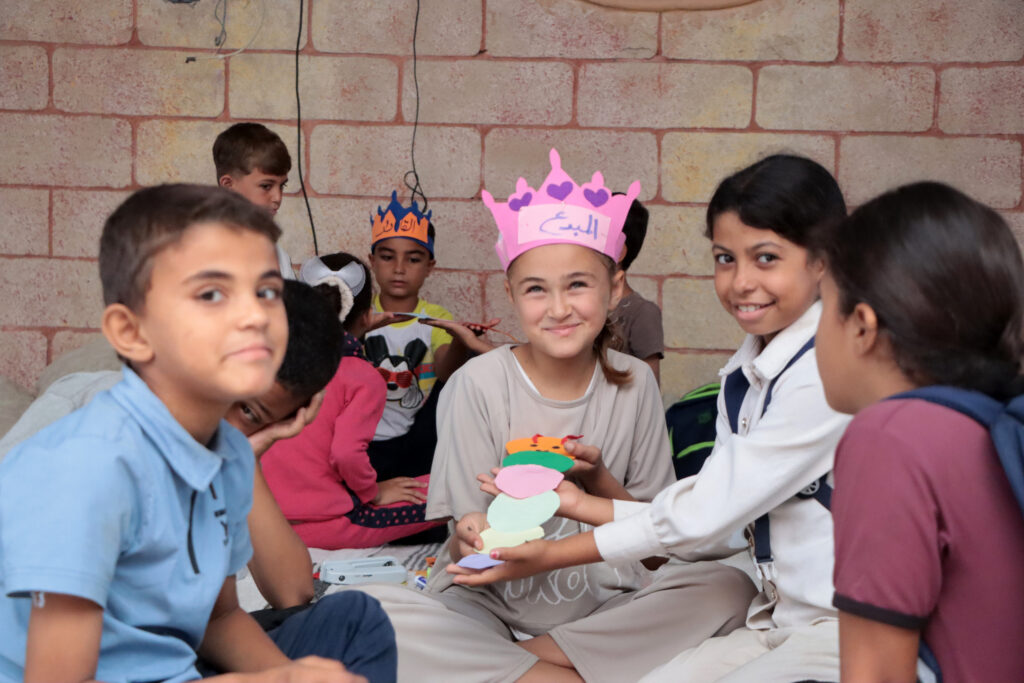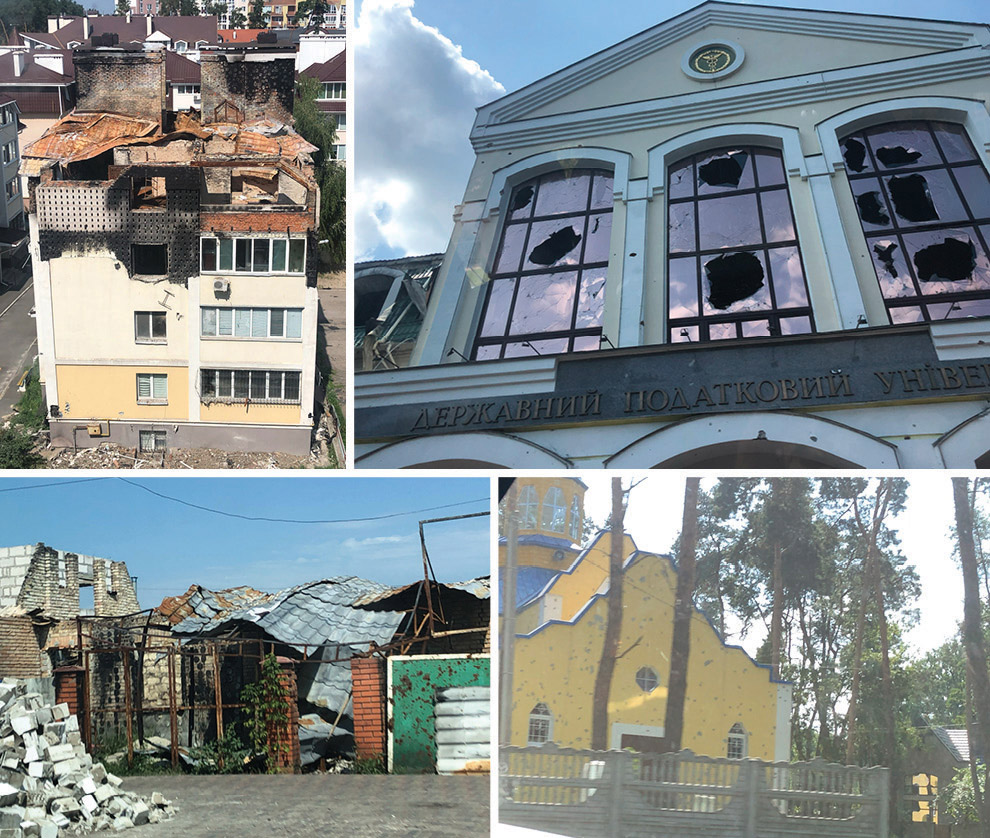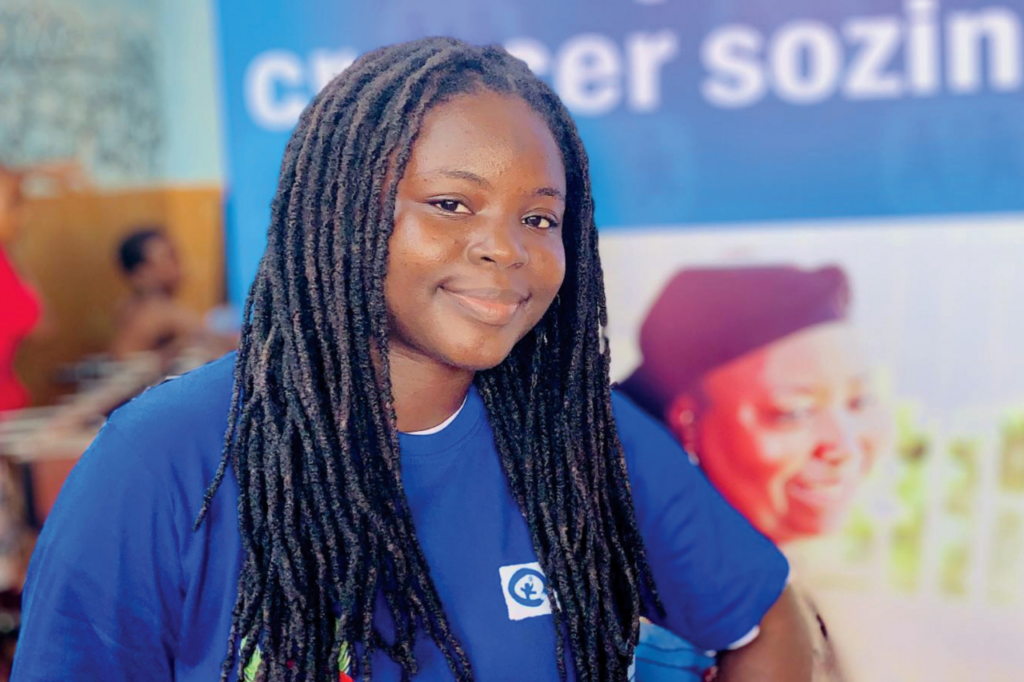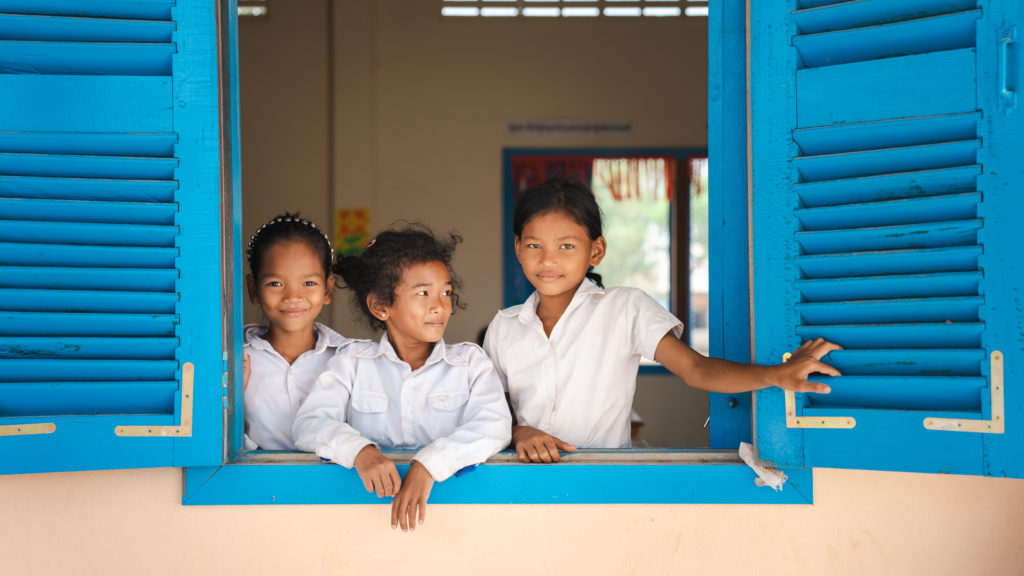“Today is a happy day for us,” says Olena, the principal of an elementary school in a formerly occupied town on the outskirts of Kyiv. “It’s the first day of learning.”
1st September marked the beginning of the new academic year in Ukraine. It is a typically a day of celebration, where children dress up in traditional costumes and give bouquets of flowers to their teachers, however this year, these festivities have been tinged with sadness.
In many of Ukraine’s schools only the teachers have returned to the classroom. Due to safety and security concerns, their pupil’s return to school has been postponed; for some indefinitely.
Fighting has damaged 2,300 out of Ukraine’s 17,000 schools, particularly in Kyiv’s suburbs where many towns were occupied. Back in May, the Deputy Minister of Education decreed that only Ukrainian schools with bomb shelters in case of shelling could reopen, and since then the race has been on to prepare them in time or organise suitable online or hybrid alternatives. Despite herculean efforts, nearly two-thirds (59%) of schools and universities were not ready to resume in-person classes in September.

Some schools have been sheltering local residents displaced from their homes through damage or fear. Others, like Olena’s school have been temporarily commandeered by local authorities, the post office and other local administrators, whose premises have been destroyed – and in some cases military – though efforts are being made to turn these back into educational institutions once more.
Preparations are also underway to turn some of the schools more sheltered areas into Digital Learning Centres (DLC) – safe spaces that can support extra-curricular activities or catch-up classes, allowing students the possibility to socialise and study together once more.

“It will be super for us to have DLCs,” Olena explains. “Pupils can socialise and receive psychological support which supports their social and emotional learning.” This is something that is at the heart of the new Ukrainian curriculum.
Teachers play a critical role in ensuring children’s wellbeing at school says Plan International’s Education in Emergencies Global Technical Lead, Alison Joyner: “Well supported teachers can ensure that schools and other safe learning spaces are optimal environments in which to learn these skills.”
“By supporting teachers in managing their own stress levels and providing training that will allow them to recognise and respond appropriately to signs of emotional distress in children, they can better support their pupils social and emotional learning, which in turn develops the self-awareness, self-control and interpersonal skills that are vital for children’s psychosocial wellbeing and academic learning.”
Olena’s school has a dedicated school psychologist who previously provided one-to-one support to teachers and students who needed it, though now, as the principal points out, it’s a daunting task for just one person and counselling sessions are now conducted in groups. The school recently expanded to take in teachers and pupils from another school that was destroyed by a bomb, so there are now 64 teachers and 1,597 pupils.
In the library, which is being converted into one of two DLCs, we meet teachers who tell us they are missing textbooks, especially English language books. Many of those that were given out to student previously have been burnt or lost.
In an adjacent classroom we meet teacher Tamara. Her face lights up as she tells us they had their first class today online; but in two weeks all 23 of her students will be coming back to school. They have all missed each other.
“We tried to keep a sense of togetherness, routine and physical activity also online, but there is a really big gap in knowledge,” she explains, which is why she is so keen to see them back in the classroom. Whilst we were there, a mother arrives with her son to give Tamara some pink roses as is tradition on first day of school.
Next door, three children have brought lilies for their teacher. The last time they all saw each other was 23rd February. Some of the children moved to neighbouring countries like Poland, but they are starting to come back. One of her pupils has drawn a picture of a heart which has been stuck on the blackboard with the words “we love”.

When we ask whether the parents are happy to send their children back to school when it reopens in two weeks, the teacher tells us that both the parents and children really want to return to school but it will depend on the situation at the time.
Another key consideration is the status of the school’s three makeshift bomb shelters. There is one large one which can accommodate 200 children and is in good condition, with lights, functioning toilets, benches, tables and chairs and stocked with supplies of water, snacks and other essentials.
The second – which was used by local residents to shelter in during the occupation – is little more than a dimly lit building site: grey rubble, exposed dripping pipes, no furniture. Just a few quilted cushions and chalky, dry air. The third, we are told, is just as bad.
During those early days of occupation, Olena shuttled between her home and family and the shelter where several families stayed, past tanks and armed soldiers, cooking food and bringing supplies. She felt responsible, she tells us, because she was the school principal, even though she was afraid.
Her voices quivers with emotion as she speaks. “If we knew what was happening in Bucha and other places, we would have struggled emotionally.” The school lost one teacher during shelling, and another teacher who had fled to the apparent safety of Germany, died in a train accident in May. Now they have lost their sense of safety and security.

Our translator Krystyna says she feels guilty hearing such harrowing stories of what others in her country suffered. “I feel sick thinking I was okay and with my family in comfort (in the West of Ukraine) while these people went through all this.”
Plan International is working to support the refurbishment of schools and bomb shelters in Ukraine and will assist with the creation of the Digital Learning Centres to help children catch-up with their classes and enjoy other extra-curricular school activities. We are distributing school supplies and digital technology to support the online education of children in areas where they cannot return to their schools.
On our way back to Kyiv we pass by a statue of the famous Ukrainian poet Taras Shevchenko, with a bullet hole shot through the head. His most famous works depict the heroic struggle of the Ukrainian people against their oppressors and their fight for national liberation. His statue may be damaged, but his words live on in the hearts and minds of those using education to rebuild the country – and a sense of freedom and security – for the children around them.
